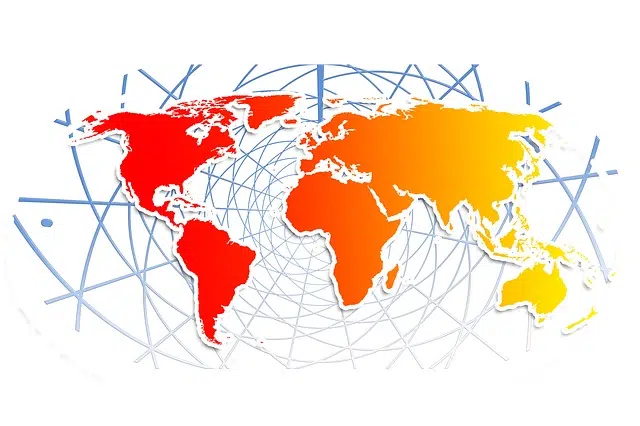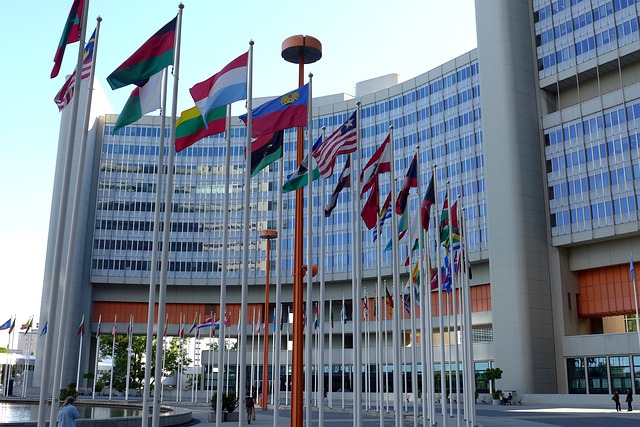
International relations refer to the links between countries.
A relationship is a link, a nexus, an association or a dialogue. International , on the other hand, is what belongs to two or more countries. International relations , therefore, are the ties established between nations.
The concept of international relations is usually used to name a discipline that is part of political science and that focuses on the links established between States or between States and supranational entities.
Law , politics and economics are some of the sciences and disciplines that are part of the development of international relations.
Classification of international relations
Specifically, we can classify these relationships according to several criteria. Thus, if we start from the number of actors involved in them, we could speak of bilateral, multilateral or global international relations.
In the event that we take as a criterion or starting point the degree of linkage that is established or that exists between the actors participating in them, two categories are established: direct interactions and indirect ones. The latter are those carried out through, for example, mediators or exchange of ambassadors.
And finally, the third classification is the one made based on the nature of the issues being discussed. Thus, we find relationships of a political, economic, legal, mixed or military nature, among others.

The United Nations Organization provides an institutional framework for the development of international relations.
Cooperation and conflict
In addition to everything mentioned, we also have to explain that we can talk about other types of international relations that have acquired prominence by themselves, without having to carry out their classification. Among them are, for example, the so-called international relations of cooperation, which are those carried out between actors who pursue the mutual satisfaction of their interests, making use, in a complementary manner, of their powers to carry out coordinated actions. .
In the same way, we can talk about international conflict relations. These are those that occur when two actors have different and incompatible needs or demands and use their powers to maintain these inequalities, ultimately leading to the use of violence.
International relations, yesterday and today
Historians often claim that, until World War I , international politics was conducted primarily through diplomacy. After this conflict, international relations acquired a new appearance since their main objective began to be the search for solutions to avoid war.
Today, international relations are developed according to various theoretical precepts and ideologies that allow the design of policies and institutions that are responsible for governing ties. Political realism , for example, considers that history moves from the intentions of domination and power of man and, therefore, of States.
Political idealism , on the other hand, believes that human beings are altruistic by nature and that countries can work together and help each other.
Structural neorealism , for its part, defends the use of war as a method to achieve peace , while neoliberalism seeks to minimize the importance of the State and privileges international organizations and civil associations to regulate international relations.
